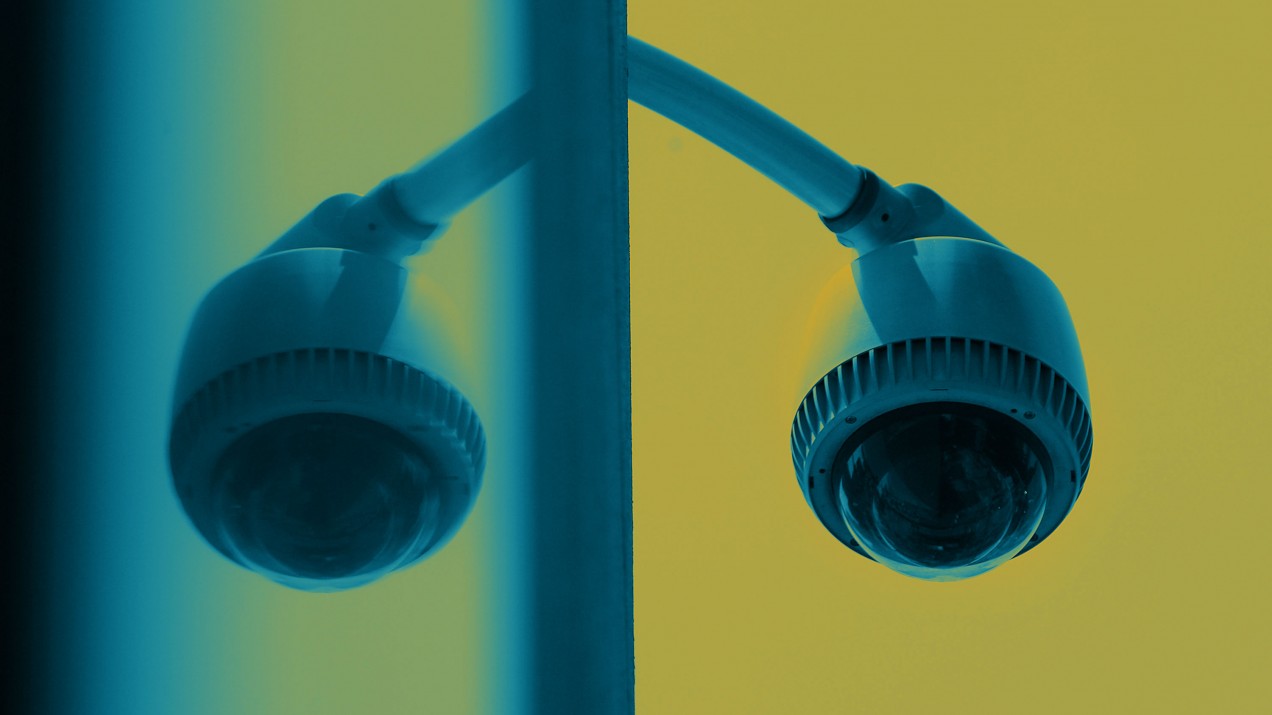by ANGELA CHEN

Bans on the technology have mostly focused on law enforcement, but there’s a growing movement to get it out of school, parks, and private businesses too.
In San Francisco, a cop can’t use facial recognition technology on a person arrested. But a landlord can use it on a tenant, and a school district can use it on students.
This is where we find ourselves, smack in the middle of an era when cameras on the corner can automatically recognize passersby, whether they like it or not. The question of who should be able to use this technology, and who shouldn’t, remains largely unanswered in the US. So far, American backlash against facial recognition has been directed mainly at law enforcement. San Francisco and Oakland, as well as Somerville, Massachusetts, have all banned police from using the technology in the past year because the algorithms aren’t accurate for people of color and women. Presidential candidate Bernie Sanders has even called for a moratorium on police use.
Technology Now for more
